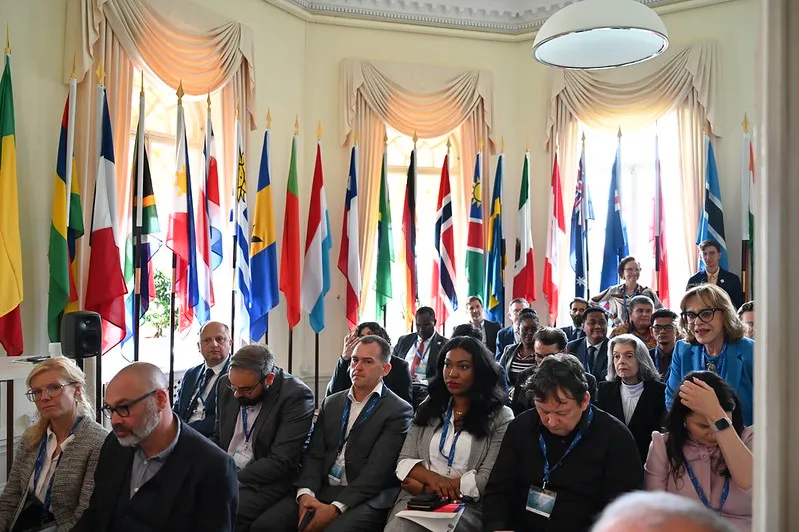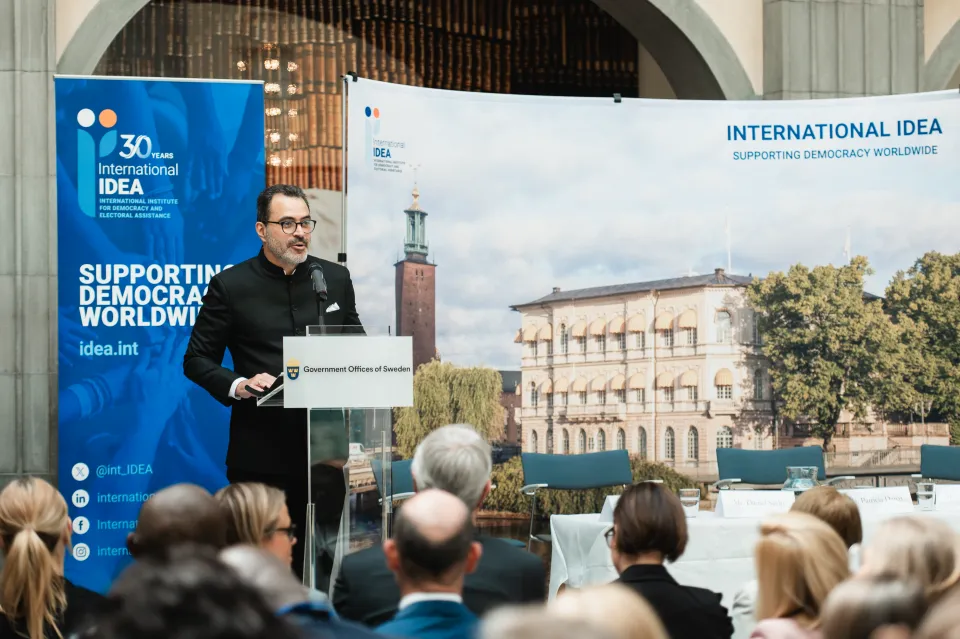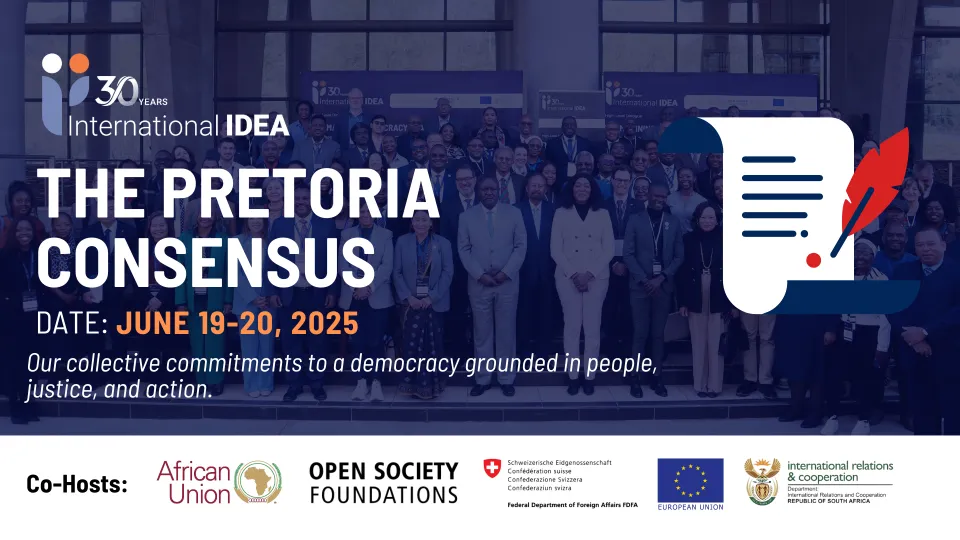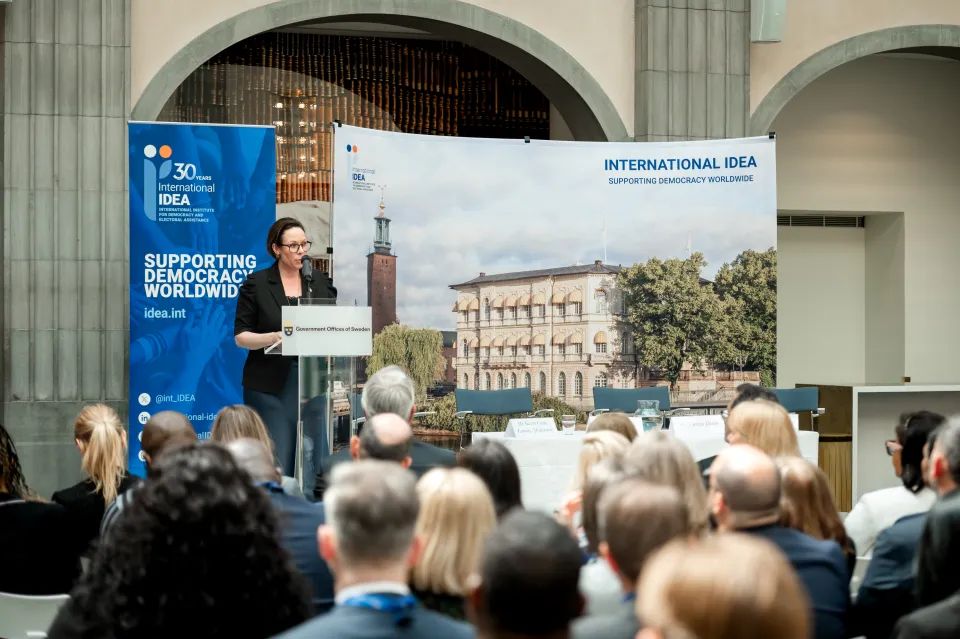In Mongolia, electoral reform ushers in a record number of women to parliament
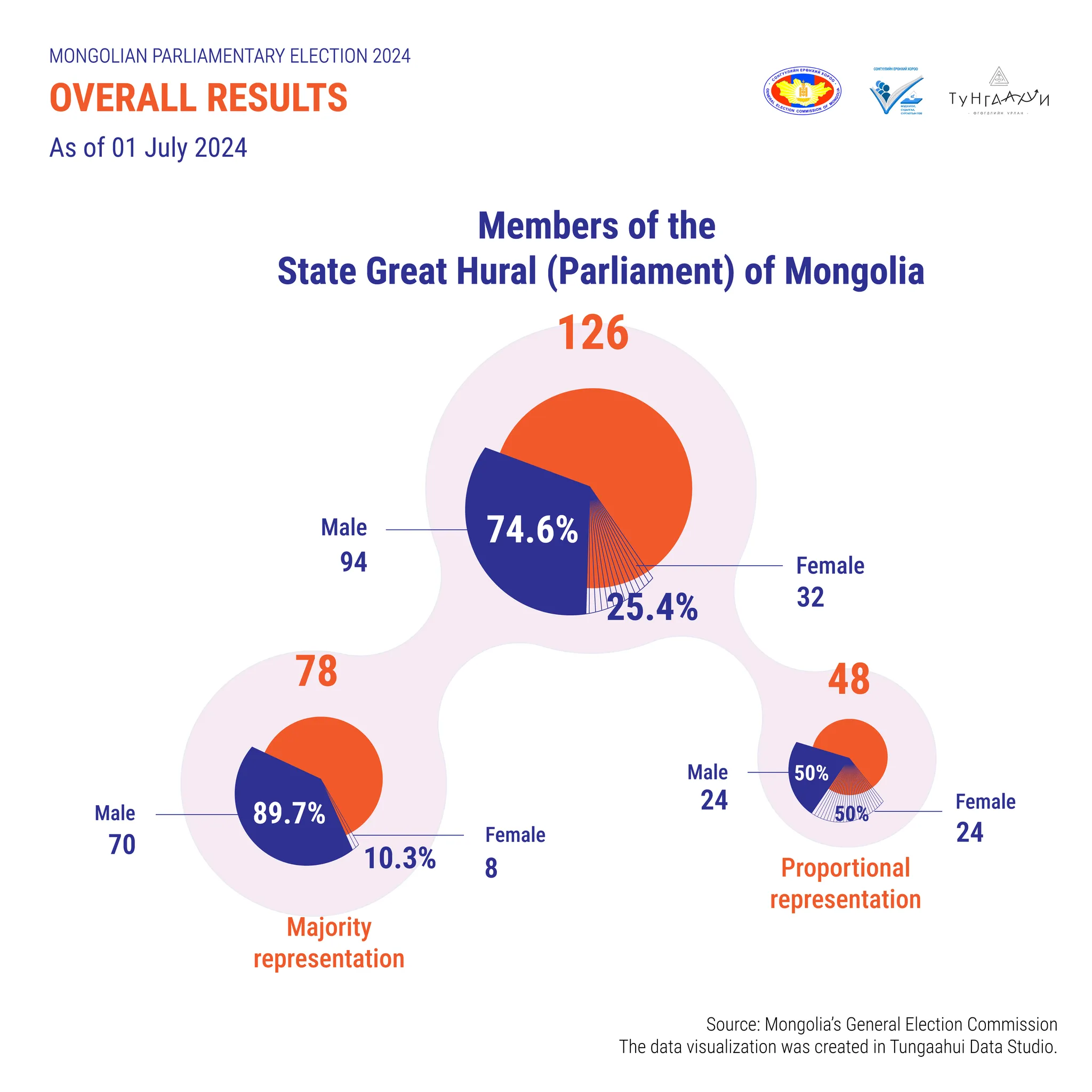
Mongolia's electoral reforms have significantly transformed the political landscape, ushering a record number of women into Parliament. This change follows the May 2023 constitutional amendment, which expanded parliamentary seats from 76 to 126 and introduced a mandatory 30 per cent candidate quota for women. As a result, the number of female MPs has increased dramatically, from 13 to 32.
The elections on 28 June 2024, were the first under this new system; introducing the parallel system in which 48 out of 126 were elected through proportionate representation. Mongolia's political landscape has long been dominated by two major parties, the Mongolian People's Party (MPP) and the Democratic Party (DP), the MPP winning the last two elections by a large margin. Although the MPP retained dominance with 68 seats, the margin was narrower than in previous elections. The DP increased its representation from 11 to 42 seats.
The reform was motivated by an intent to bolster multiparty democracy by allowing easier access for smaller parties into Parliament, preventing any single party from achieving a ‘supermajority’, and enhancing female representation. This goal of including smaller political parties was realized as the other three parties; the National Labour Party (HUN), National Coalition, and Civil Will – Green Party secured seats as well.
As per the International IDEA Global State of Democracy Indices, Mongolia is mid-range performance across all categories. It is amongst the world’s top 25 per cent performers in Elected Government and Freedom of Movement. Over the last five years, there have been significant declines in Civil Liberties, Economic Equality, Freedom of Expression, Free Political Parties, and Freedom of the Press.
With 32 female MPs now in office, Mongolia surpasses the regional average of Asia (21.5%) (IPU) and closely approaches the global average of 26.9 per cent (IPU data) of women in parliament (IPU). However, this is still a long way from the ‘critical mass’ of 30 per cent, let alone from parity. Notably, half of the MPs elected through proportional representation were women, illustrating the system's favorable design for female candidates.
Despite the MPP's strong past electoral performance, their endorsement of the constitutional amendments suggests a strategic pivot. Perhaps, acknowledging the transient nature of such majorities in the face of public discontent regarding issues like corruption and the cost of living, the party may have calculated that under a majority system, a supermajority can go as easily to the opposition. After all, it is unprecedented for a single party to rule through a supermajority for two consecutive terms.
However, internal conflicts and chaotic candidate selection within the DP diminished their performance potential this time around. Mongolia's governance continues to face significant challenges, including economic growth issues, corruption, and the consequences of worsening weather conditions. Nevertheless, the recent reforms have created a more diverse and representative Parliament, holding promise for fostering a healthier democracy in the coming years.
Read more about Mongolia's democratic processes.

